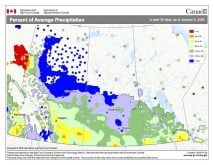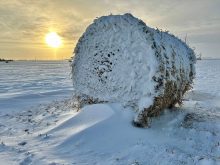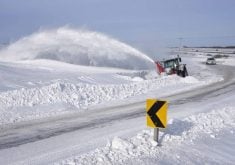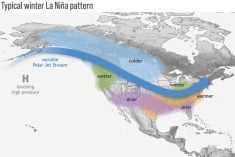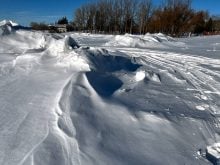The Canadian Food Inspection Agency was among the victims of an ice storm that struck Eastern Canada in early April.
On April 6, the national agency announced it was experiencing delays in processing import declarations. The CFIA’s systems were functional, users of the online portal were told, and Canadians were urged to continue submitting information through the Integrated Import Declaration system while the problem was being resolved.
A spokesperson from the CFIA later confirmed that delays were due to the aftermath of an April 5 storm that left Ontario and Quebec coated in a thick blanket of ice. The storm left more than one million homes and businesses without power and killed three people — two from falling branches or trees and one from carbon monoxide poisoning.
Read Also

Farm Credit Canada forecasts higher farm costs for 2026
Canadian farmers should brace for higher costs in 2026, Farm Credit Canada warns, although there’s some bright financial news for cattle
The storm also caused an outage of the CFIA’s system, leading to a glut of transactions that had to be cleared once systems were restored April 6.
It took about three hours to clear the backlog, the CFIA said. About 100 declarations were delayed past the four-hour service agreement that the agency holds with the Canadian Border Services Agency.
Eastern Canada was still struggling to shake off the effects of the storm into the second week of April. As of April 10, about 15,000 power outages remained in Quebec, CTV reported. Carbon monoxide risks also rose in the days following the storm, as residents tried to heat homes or cook using fuel-burning appliances indoors.



